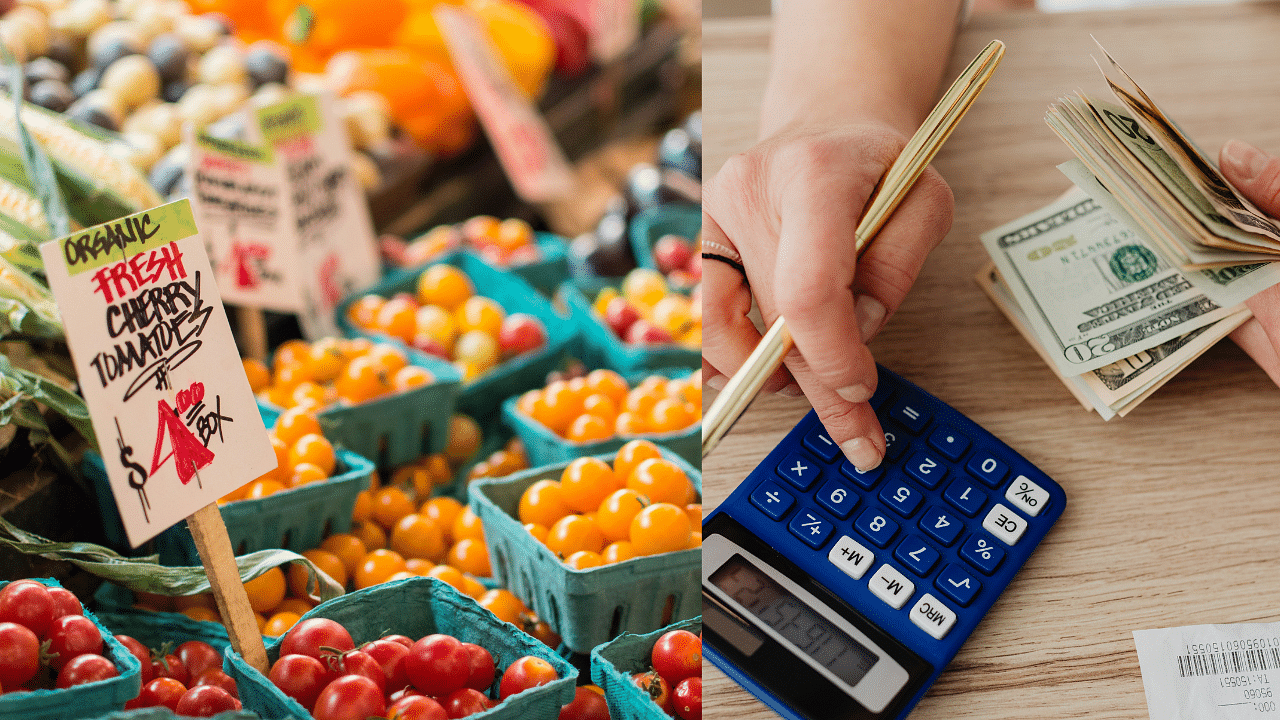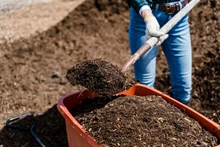
Global warming is expected to increase headline and food inflation by 2035, as per a recent study by the journal Communications Earth & Environment. The study notes that the impact will be most significant closer to the equator, with notable seasonal variations in regions further away.
Climate change is already raising the temperatures across the world, leading to various disasters in the form of floods and forest fires. In the coming years, the worst to be hit by climate change is food, increasing prices of various crops and food items, the study indicates.
Greenhouse Gas Emissions and Future Food Prices
Researchers highlight the 2022 European heatwave, which raised food inflation by 0.43-0.93 percentage points, a figure expected to rise by 30-50% with projected 2035 warming. They suggest that historical weather shocks influencing inflation hint at future inflation consequences due to ongoing warming and extreme weather intensification from greenhouse gas emissions.
As per the study, greenhouse gas emissions are going to accelerate food prices by 2060. "Under a best-case emission scenario, exogenous pressures on inflation are only marginally larger in 2060 than in 2035, but a worst-case emission scenario would cause pressures on food inflation exceeding 4% (per year) across large parts of the world," the researchers wrote.
Regional and Temporal Factors in Inflation
Moreover, the inflationary conditions are influenced by both wet and dry conditions. The Excessive wet weather leads to increases in food and headline prices that last for twelve months, regardless of normal climate conditions. On the other hand, excessively dry conditions have noticeable price increases when they occur alongside hot weather or in specific regions, but these effects are usually less long-lasting or impactful.
The study pointed out that developing and developed countries are going to be the worst hit by inflationary pressures. The researchers wrote that projections indicate higher inflation pressures in the global south, particularly in Africa and South America. However, by 2035, advanced economies like North America and Europe are also likely to experience substantial inflation increases, estimated at 1-2% for food inflation.












